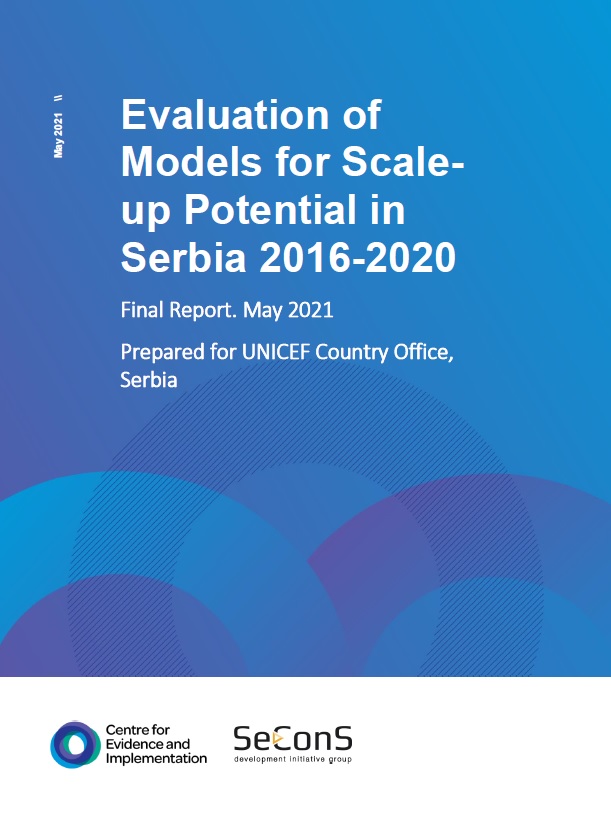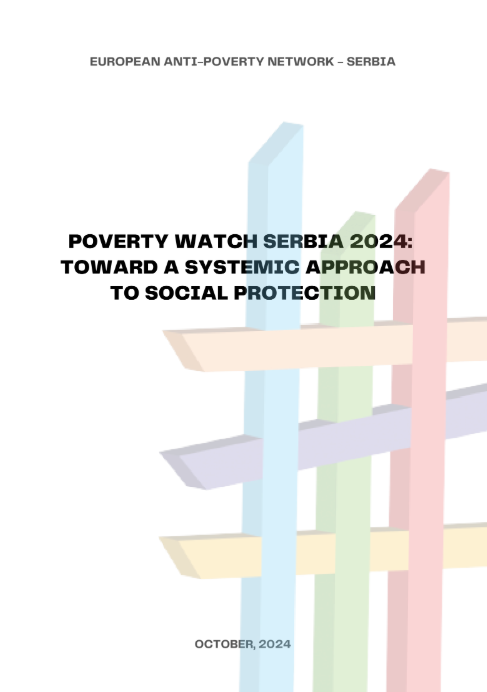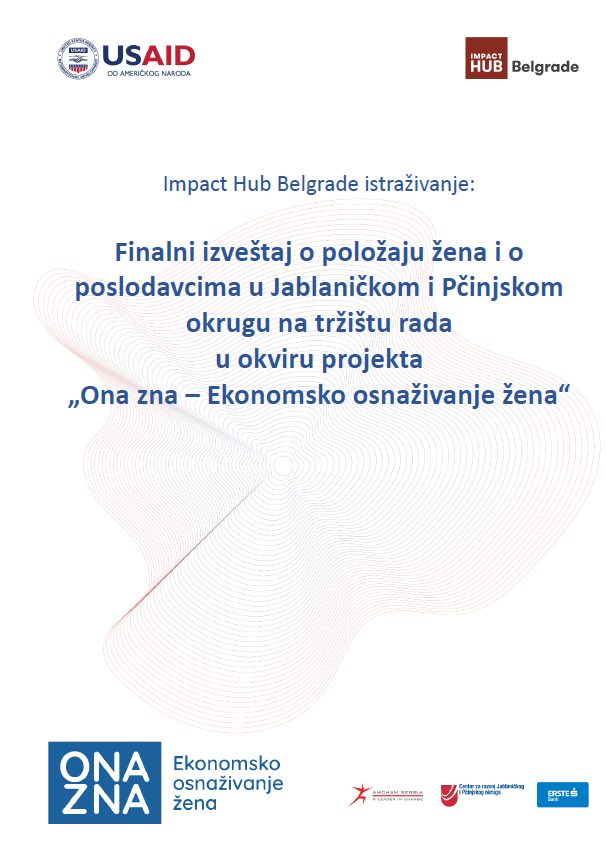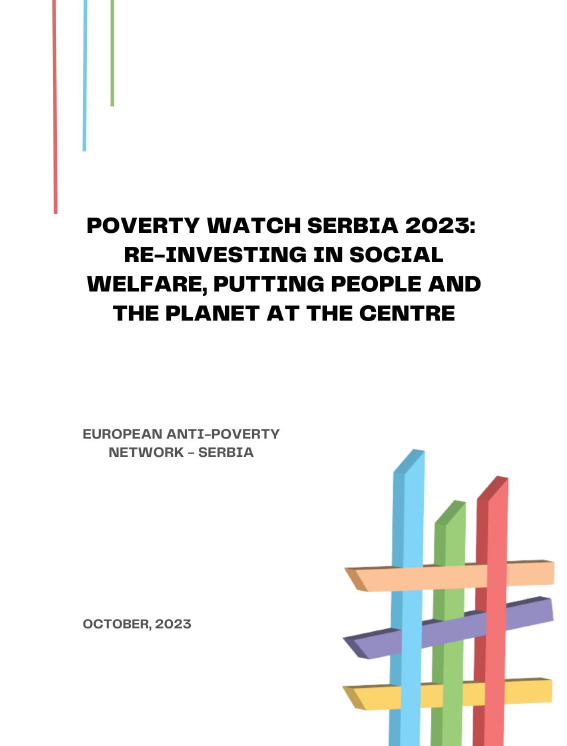This report presents the findings of an evaluation of UNICEF’s modelling activity, which was commissioned by UNICEF to support their work to test and scale-up models. Modelling means piloting an intervention in new contexts to demonstrate its replicability and effectiveness. Between 2016-2020 UNICEF initiated or continued to develop a number of models in the areas of health, child protection, education and adolescent wellbeing. A set of 10 necessary conditions or ‘Sine Qua Non’ (SQN) for modelling is intended to guide this work.
In this evaluation, modelling was examined through five exemplar models, each at a different stage in modelling and work towards scale-up:
• Family Outreach Worker (FOW): an intensive family support service for families with children with multiple and complex needs, intended to improve the capacity of families to support children’s development and to avoid out-of-home care. Modelling took place from 2013-18 in Belgrade, Novi Sad, Kragujevac and Niš. Delivery ceased after the end of modelling except in Novi Sad. Amendments to legislation required to take the model to national scale have been drafted but not adopted.
• Intermittent Foster Care (IFC): periodic family-based respite care for children with disabilities, to support families and improve care for children, and connect families and children with their local community. The model was implemented in 2015-2016 in Novi Sad, Belgrade, Kragujevac and Nis by regional Centres for Foster Care and Adoption, working with Centres for Social Work. The amendments to law required for scale-up have been drafted but not enacted. The model continues to be used in Novi Sad, and elsewhere some families from
• Diversionary Measures (DM): a form of restorative justice, diverting children from criminal sanctions to rehabilitative activity. It is intended to protect the best interests of children, reduce reoffending rates, and reduce the burden on the legal system. DMs were enacted in law in 2006 but are not widely used, and modelling was undertaken between 2015-19 in Belgrade, Novi Sad, Kragujevac and Niš initially, then also in priority areas chosen from areas with highest juvenile crime including: Paraćin, Zrenjanin, Sombor, Sjenica, Jagodina, Kraljevo, Batočina, Kruševac, Aranđelovac and Novi Pazar2.
• Early Childhood Intervention (ECI): a transdisciplinary, family-centred programme delivered by teams of professionals from across public health, pre-school education and social welfare. It is intended to provide early identification of children with developmental delay, and early intervention including through home visits. This is the newest model, with modelling and evaluation ongoing. It is being fully implemented in Leskovac, Kragujevac, Niš, Sremska Mitrovica and Belgrade (Rakovica municipality), and partially implemented in Čukarica and New Belgrade.
• Dropout Prevention Programme (DOP): designed to prevent children’s non-attendance at school, the model involves an assessment tool to identify children at risk, capacity building for schools, and planning and provision of preventive support. DOP was modelled between 2016-18 in in Vrbas, Kraljevo, Kragujevac Pancevo, Bela Palanka, Surdulica and Vladicin Han, and dropout prevention activity has been adopted in law and scaled-up nationally, although not yet with the full support UNICEF judge to be needed. DOP was subsequently included in a three-year programme addressing child marriage, currently in the process of external evaluation.













